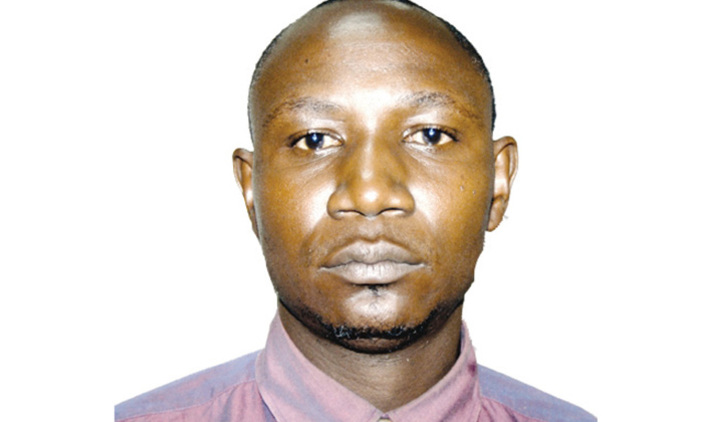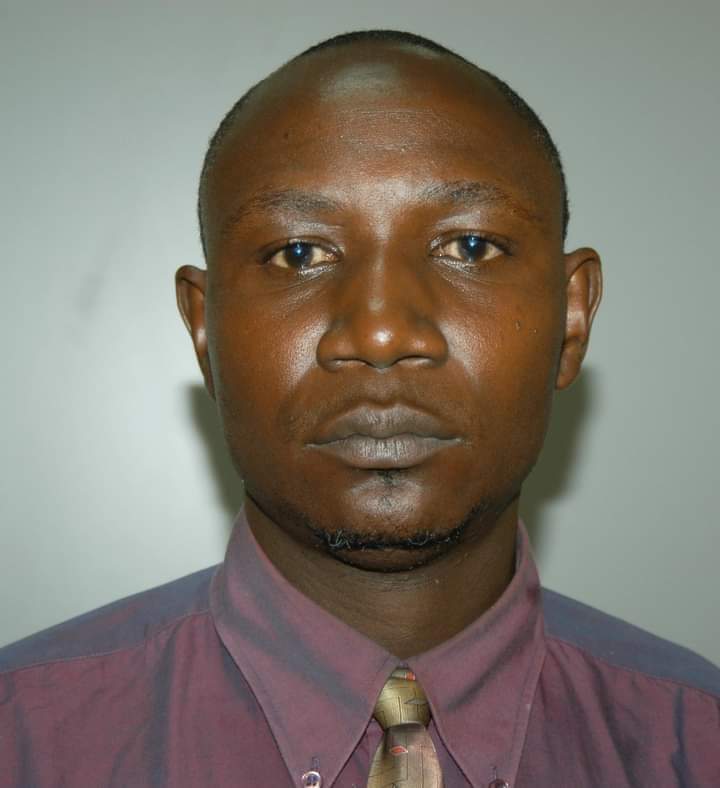By Ahmed Kateregga Musaazi.
A Declaration “Promoting an Independent and Pluralistic African Press” was produced at a UNESCO seminar held in Windhoek, the capital of Namibia. The seminar was held from 29 April to 3 May 1991. And it was adopted on May 3.
Subsequently, the Windhoek declaration was declared as World Press Freedom Day.
Uganda was represented at Windhoek in the Union for Africa Journalists conference by the then President of Uganda Journalists Association, the late James Namakajjo.
In 1993, the General Assembly of United Nation adopted the day as the World Press Freedom Day which is observed by all UN member nation states.
After UN General Assembly Declaration, Uganda was one of the countries that were not left out. Article 29 of the Constitution of the Republic of Uganda guarantees freedom of assembly, association, religion, expression, including media. The Uganda Journalist Statute 1996 and The Electronic Media Statute 1996 and subsequent media laws are in that spirit.
Article 41 in the same constitution that guarantees citizen’s access to government information so long as it does not jeopardize national security, is also a milestone.
A citizen’s access to information act was enacted but of course with limitations, some unnecessary.
In my term as President (1995-1998), Uganda Journalists Association demanded that citizens should have access to cabinet and high command files of 30 years ago. For example, what transpires during 1966 Uganda Crisis, 1971 coup, 1979 war, 1980 elections, 1985 coup, 1986 NRM/NRA victory.
This will help in setting up a truth and reconciliation commission, the President promised to set up in 2005 while paying tribute to the late Dr. Milton Obote, when his body was brought to the plenary special session.
Uganda is one of the free and democratic countries where freedom of speech is guaranteed including freedom after speech.
Many countries build strong media infrastructure for propaganda purposes but without press freedom. This was done during Amin’s time when he expanded Radio Uganda, he turned into Uganda Broadcasting Corporation covering almost the entire country and the neighborhood and having an external service at Butebo in North Eastern Uganda that was broadcasting in English, French and Arabic.
Amin also catered for the welfare of the journalists especially those that were working with UBC and Uganda Television now UBC TV.
However, there was no minimum press freedom and personal security and protection was also not guaranteed as prominent journalist like Fr. Clement Kiggundu who was Editor of the Roman Catholic Munno Publication was kidnapped and burnt in his car. Byron Kawadwa a broadcaster and play writer was not spared either, and many others.
Both state owned UBC and UTV, which he had turned into colour in OAU while he was going to host 12th Ordinary Session of Heads of State and Government, became his propaganda machinery so was Voice of Uganda, and its vernacular affiliates like Omukulembeze in Buganda Region.
A few private newspapers that persisted resiliently and survived including Munno and Taifa Empya, also turned to be propaganda machinery of the regime.
The situation was not different under Obote ll regime which was the worst of all post-independence regimes, due to the genocide that was committed in Luwero Triangle and West Nile.
But now, there is relative autonomy in state owned media like UBC both radio and TV and New Vision and its affiliates like Bukedde, Orumuri, Rupiny and Etop, compared to other state-owned media in Africa. Vision Group is the leading media in Uganda.
People write opinions and viewpoints freely in state owned or private newspapers, and they do the same on radio and TV talk shows and phone in programs.
Occasionally, the President joins the talk shows if there is something important, he wants to clarify and explain. He appeared on Capital Gang under Capital Radio that features every Saturday, he did the same Kingdom of Buganda’s Central Broadcasting Service’s Mambo Bado or Gakyali Mabaga program every Saturday afternoon, Bukedde TV’s Akabbinkano talk show on Monday evening, Wavah Broadcasting Service’s TV show, and many others.
In his tours whether during campaign or not, the President is a regular visitor of rural radio talk shows where he exchanged live with the citizens.
As the media changes rapidly and widely, and latest is Online and Social Media, Ugandans enjoy that freely although many abuse it and hence new challenges that demanded passing new laws and regulations.
But even then, arrests and prosecutions are minimal as the President himself tweets, like when he sacked Inspector General of Police Gen. Kale Kayihura and Minister for Security Lt. Gen. Henry Tumukunde.
The Ministry of ICT and National Guidance set up a Government Citizen Interaction Center that deals with Digital media, which center has been now divided between State House and the mother ministry. These counter harmful propagandas that is disseminated by enemies of Uganda at home and abroad.
However, the media freedom will be guaranteed if the welfare of the journalists as other citizens, is uplifted. In the emyoga program that is based at constituencies, there is a cluster for journalists, and some have started benefiting.
Unfortunately, we are cerebrating the day when a section of the army, police and Local Defence Unit personnel continue to abuse journalists even after Chief of Defence Forces Gen. David Muhozi intervened, apologized and arranged a friendly march between his officers and media owners.
Former UJA President Robert Kagolo who has been working with UBC was gunned down. It is our prayers that the culprits that were arrested are brought to book.
Haji Ahmed Kateregga Musaazi is a veteran journalist, former President of Uganda Journalists Association (UJA) and a Communications Assistant with the Ministry of ICT and National Guidance.
Do you want to share a story, comment or opinion regarding this story or others, Email us at newsdayuganda@gmail.com Tel/WhatsApp........0726054858





